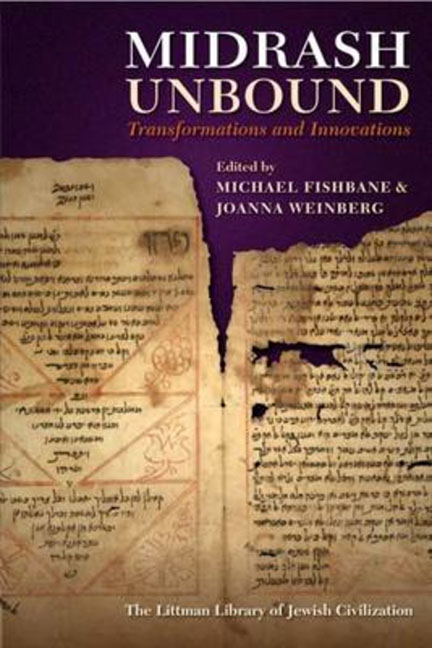8 - The Toledot yeshu as Midrash
Summary
The narrative of the Toledot yeshu retells the story of Jesus and the rise of Christianity. Lively and memorable in its fabulous elements, it offers alternatives to Christian claims about the birth, way of life, and miracles of Jesus, his resurrection, and the subsequent apostolic preaching. It circulated in Hebrew, Aramaic, and other languages of the medieval and later Jewish community, but in content it is closer to the Gospels and the Acts of the Apostles than to Hebrew Scripture. It is thus sometimes aligned with New Testament apocrypha, as a hostile counterpart of such works as the Acts of Pilate or the Narration of Joseph of Arimathaea, similarly apologetic and imaginative compositions which envisage objections like those which it puts forward. It seems accordingly to be removed from the links with exposition of the Hebrew biblical texts that are central in classical Midrash.
Yet this narrative has in fact been intertwined with allusions to Hebrew Scripture (as is also true in a different way of the Gospels and Acts), and it also has kinship with the tales or ma’asiyot included by copyists and editors among the smaller midrashim. In the course of transmission it has sometimes correspondingly been associated with Midrash, but it has also been treated as polemic and as a kind of history.
Thus, in the first half of the twentieth century, J. D. Eisenstein published treasuries of both Midrash and controversy, and presented texts from the Toledot yeshu in both. With regard to Midrash he was following one of the fathers of modern midrashic study, Adolph Jellinek, for Eisenstein reprinted extracts from the Toledot yeshu that had been published under the heading ‘Petrus-Legende’ in Jellinek's Bet ha-Midrasch. In this editorial decision Jellinek himself had followed copyists of manuscripts who associated the Toledot yeshu with narrative Midrash—a link which can be suggested by the alternative and at least equally common title of the text in the manuscript tradition, Ma’aseh yeshu. A century after Jellinek, Joseph Dan accordingly reprinted the text again in a collection of medieval Hebrew tales, including many minor midrashim; he stressed that in Jewish transmission it had become ‘a real romance’, despite its apologetic and polemical purposes.
- Type
- Chapter
- Information
- Midrash UnboundTransformations and Innovations, pp. 159 - 168Publisher: Liverpool University PressPrint publication year: 2013

